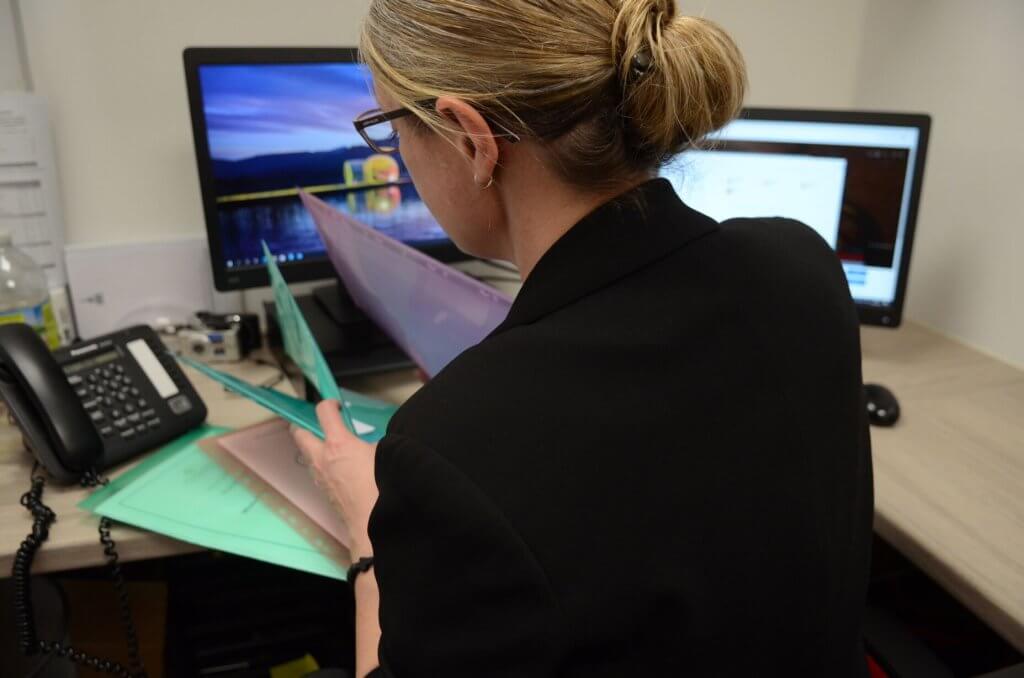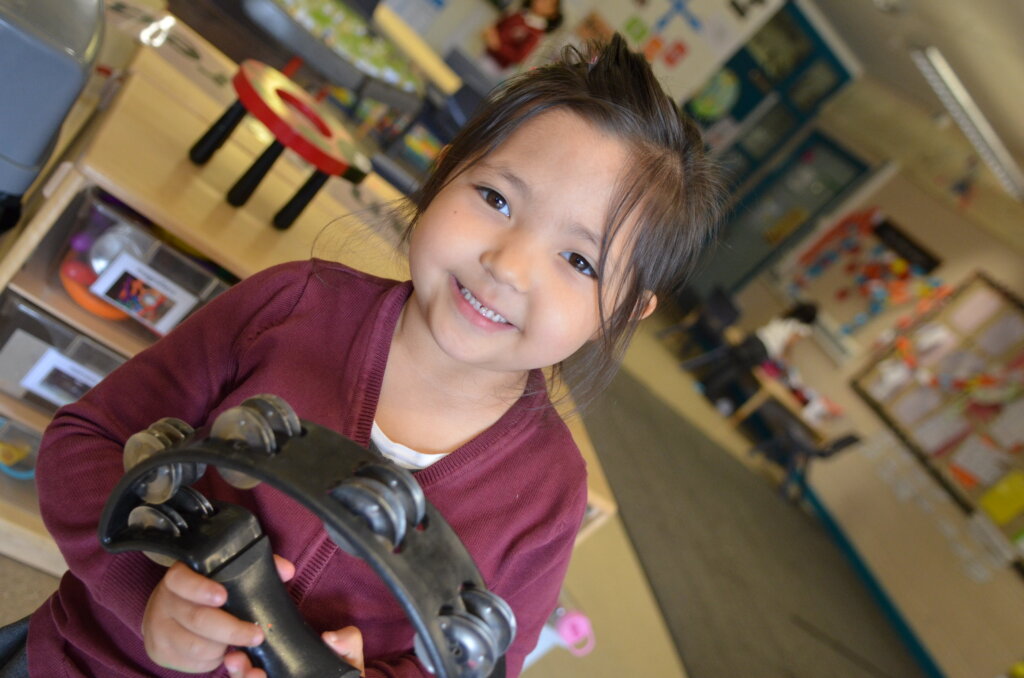In recent years, music therapy has gained recognition as an impactful approach for supporting children and young people in various educational settings. Combining music and therapeutic techniques, music therapy provides a creative outlet for emotional expression, communication, and personal development.
Working as a music therapist in schools offers unique opportunities to positively influence the lives of young people, including adopted and looked after children, refugees, and others with social, emotional and mental health (SEMH) needs. In this blog, we will explore the vital role of music therapy in education, highlighting its benefits and providing real-world applications.
Understanding Music Therapy
Music therapy utilises the therapeutic potential of music to help individuals address emotional and psychological challenges. Music therapists employ various approaches – such as songwriting, improvisation, lyric analysis, and active music-making – encouraging pupils to connect with their feelings and experiences in a supportive environment. This method proves particularly beneficial for young people who may struggle to articulate their emotions verbally.
Working in SEND Settings
Music therapy is an effective tool for engaging pupils with special educational needs, giving them a creative platform through which to express feelings, enhance social skills, and build self-esteem. Through group music-making activities, students learn to collaborate, share, and communicate with one another, fostering a sense of belonging. The sensory aspects of music can also provide calming experiences for students with sensory processing difficulties, helping to create a supportive learning environment.
Mainstream Schools
Music therapy can bring many benefits to pupils who are struggling with bullying, peer pressure, or anxiety in school. The use of music allows young people to explore and express complex emotions in a non-threatening way, helping them to develop resilience and coping strategies. For example, songwriting can empower pupils to articulate their experiences, whether they stem from personal struggles or broader social issues, facilitating discussions in a more open and creative manner.
Alternative Provision
Music therapy can play a significant role in alternative provision, where pupils often struggle with behavioural challenges or are at risk of exclusion from traditional education systems. In this environment, music therapy offers a creative, non-judgmental means of self-expression. Engaging students in music-making activities can help them explore their feelings and behaviors. As they create and perform music, students can gain insight into their emotions and learn new ways to cope with challenges, leading to improved behavior. This helps young people to re-engage with their education and reduces the need for exclusion.
Supporting Adopted and Looked After Children
Care-experienced children can sometimes struggle with their sense of identity, or feelings of grief and loss for loved ones. Music therapy can facilitate healing by enabling these children to explore their unique experiences through music. By participating in songwriting and musical improvisation, they can express their feelings of separation, grief, and hope. This process can lead to greater emotional understanding and help to reconstruct their narratives, paving the way for personal growth and resilience.
Refugees and Disenfranchised Young People
When young people arrive in the school environment as refugees, they may face significant cultural and language barriers. Music therapy provides a universal language that transcends these barriers, allowing pupils to connect and express their emotions freely. Music-making can serve as a powerful tool for exploring trauma and loss while building connections with peers, fostering a sense of community and belonging. Incorporating elements of the students’ cultural music traditions can further enhance the therapeutic experience, promoting inclusion and celebrating diversity within the school community.
The role of music therapy in schools – whether in special educational needs settings, mainstream classrooms, alternative provisions, or among marginalised groups such as adopted children, looked-after youth, refugees, and those feeling disenfranchised – cannot be overstated. Through the creative and expressive power of music, music therapists can provide essential support, promoting emotional wellbeing, resilience, and personal growth.
As schools and trusts continue to embrace holistic approaches to mental health, music therapy stands out as an innovative and effective method for fostering connection and healing among young people. Ultimately, music therapy not only helps students to confront their challenges but also empowers them to transform their personal experiences into resonant and uplifting narratives of hope, connection, and resilience.
If you would like to arrange a school visit from one of our Music Therapists, please get in touch.
Please complete the form below and we will get in contact as soon as we can to help you with your query.
















